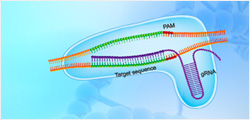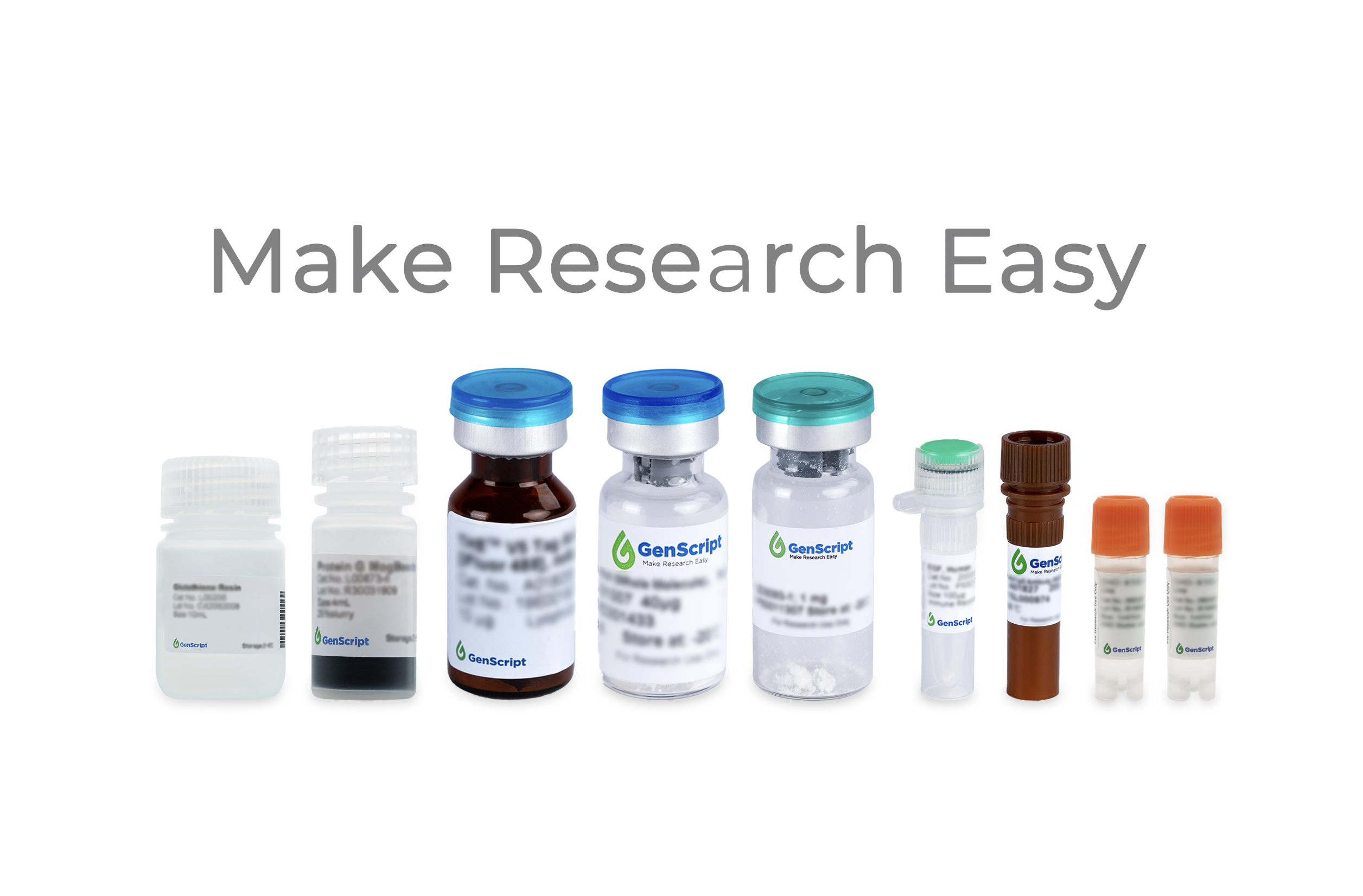PSMA/FOLH1[Biotin], His & Avi, Human
Prostate-specific membrane antigen (PSMA) is an enzyme that in humans is encoded by the FOLH1 (folate hydrolase 1) gene, also known as Glutamate carboxypeptidase II (GCPII). Human PSMA is highly expressed in the prostate, roughly a hundred times greater than in most other tissues. In some prostate cancers, PSMA is the second-most upregulated gene product, with an 8- to 12-fold increase over levels in noncancerous prostate cells.
| ¥5800 | |
| Z04589-100 | |
|
|
|
|
|
|
|
|
|





































